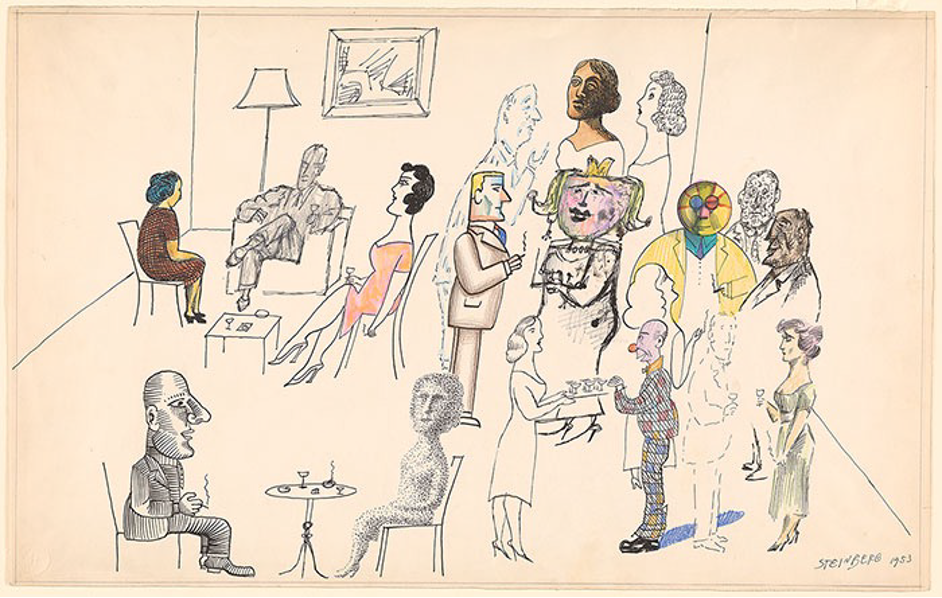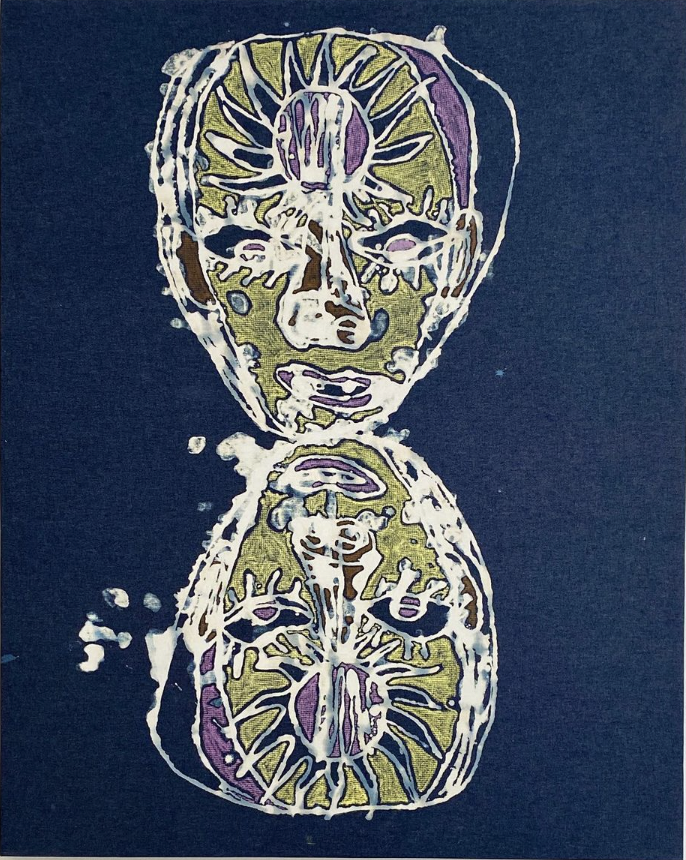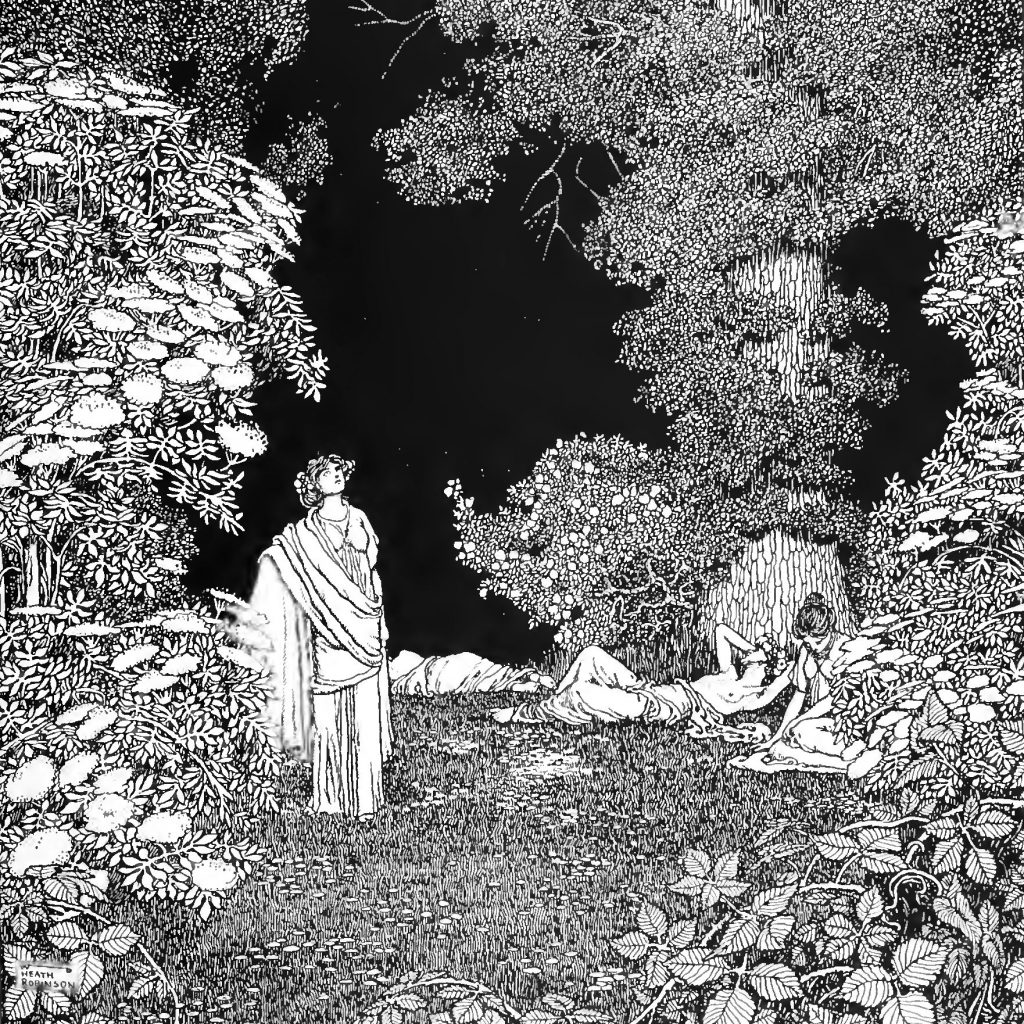Malavika S. Udayan. Dining with Gertrude Stein: Parody and Pointing
I was a student in Thomas Karshan’s seminar on Ludic Literature at the University of East Anglia in the early months of 2022. We met, once a week, for three hours, sitting around a horseshoe table. We read and talked and imitated and parodied and played. Eventually, I wrote ‘A Dinner Party’, as part of the classroom exercise to imitate Gertrude Stein’s writings. It includes phrases which I have picked out of Tender Buttons. Unlike the poems of Tender Buttons, it appears as a long central passageway or a column, aligned centrally to the page, like the empty column at the centre of our horseshoe.
Viv Kemp. Off Base: Some Notes on the Role of Imitation and Poetic Voice
Imitation is perhaps at its best when it’s wrong. Not ethically wrong, but ‘off’ or flawed. This isn’t to say that a worse imitation is somehow qualitatively better than one that is accurate, but that when imitation takes its subject matter as merely a start or distanced reference point, something interesting can happen. To illustrate this, I will mainly wish to mainly talk about my own experiences with imitation, particularly those of a poetry student taking the Ludic Literature module as part of a Creative Writing MA.
Will Rossiter. Early Modern Imitation as Creative-Critical Pedagogy
I had been setting essays on Renaissance sonnets for a number of years. Students were producing solid, competent analyses (mainly low to mid-2:1) but the majority of the essays were dealing primarily with the matter or narrative of the sonnet, insofar as a sonnet has a narrative, rather than attending to matters of form – the thing which makes a sonnet a sonnet.
Thomas Karshan. Teaching through Imitation, Parody, and Play
My purpose in the below is, at least initially, to offer, for all of those who are interested in teaching through imitation, a view of some of the main historical and theoretical issues and questions, as I see them, and to draw together in a single place some of the recent scholarship and thought on the topic. I will do so via an account of my own experience of teaching literature through imitation and parody in my MA module at UEA, Ludic Literature.
Tim MacGabhann. Short Text on Parody
How has the practice of imitation (or parody etc.) affected your creative writing? I only ever seem to parody writers who intimidate me. During a Literature of the Americas course, I found myself reading Longfellow’s sonnets after the manner of Chaucer,...
A Little Death
By Vijay Khurana. A Little Death is a parody project in which the author rewrites the same passage of Joyce’s ‘The Dead’ again and again (and again and again), in various styles, in an attempt to reveal the secrets of one of the 20th century’s most influential short stories, while also exploring other writers and forms through the imitation of style.



